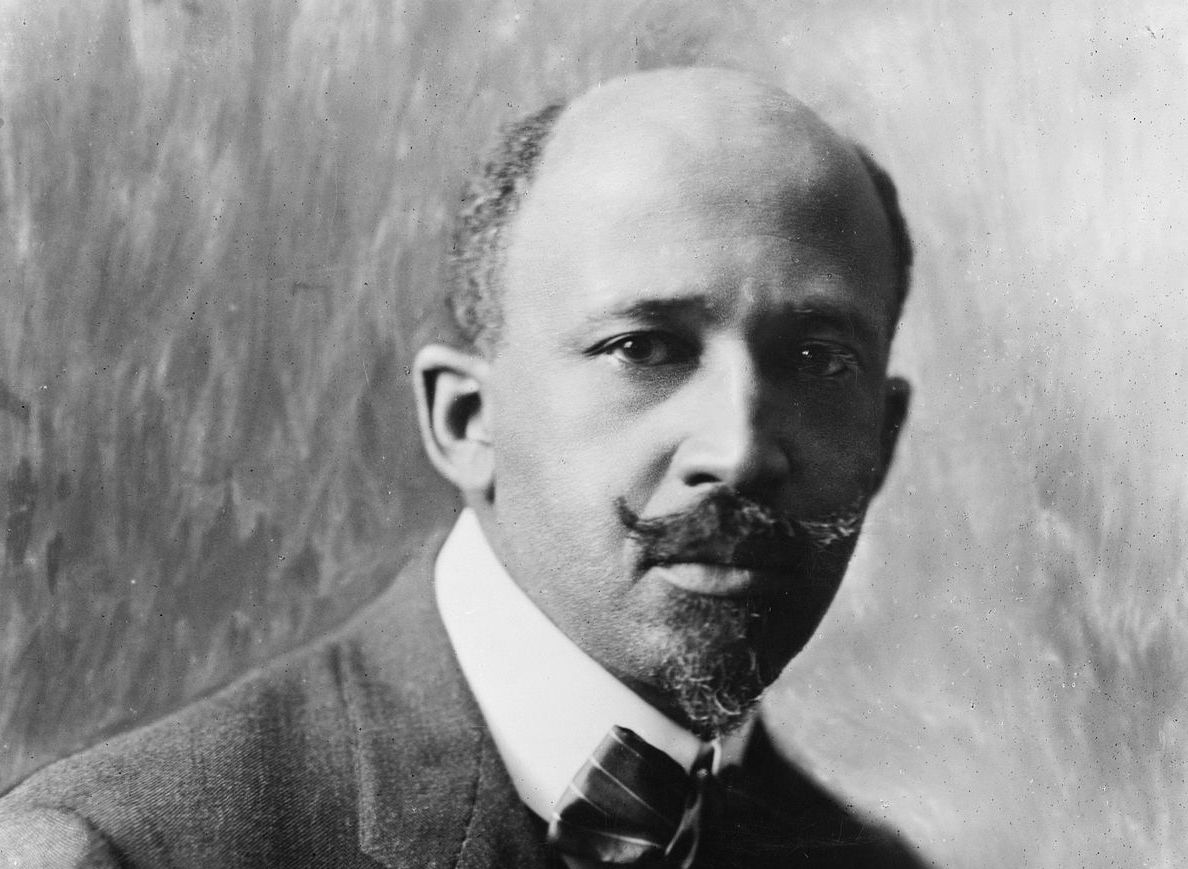One of the persistent criticisms of much of the reflection up to this point on the orthodox church’s place in the contemporary west is that what we’re really talking about is the white orthodox church’s place in the contemporary west. Matthew Loftus and I have both raised different versions of this point. More recently, Jacqueline Rivers talked about this issue at the Plough event and Jemar Tisby wrote about it for RAAN.
Login to read more
Sign in or create a free account to access Subscriber-only content.
Topics:
